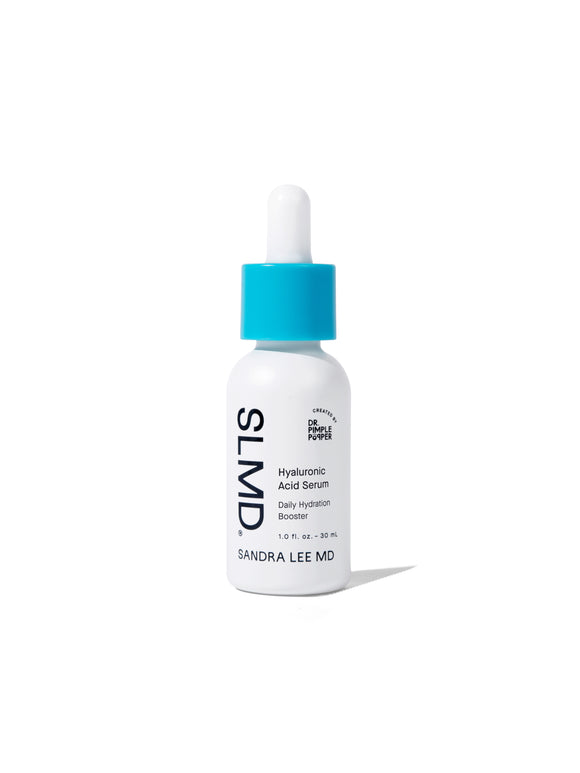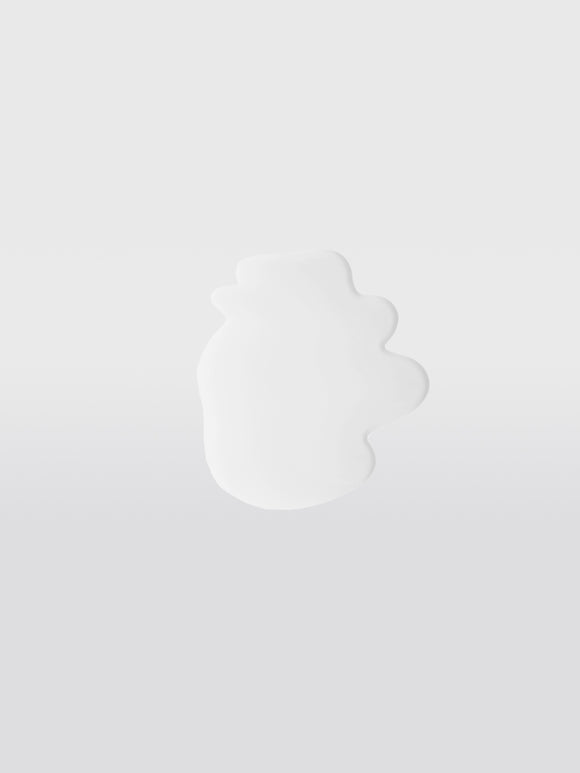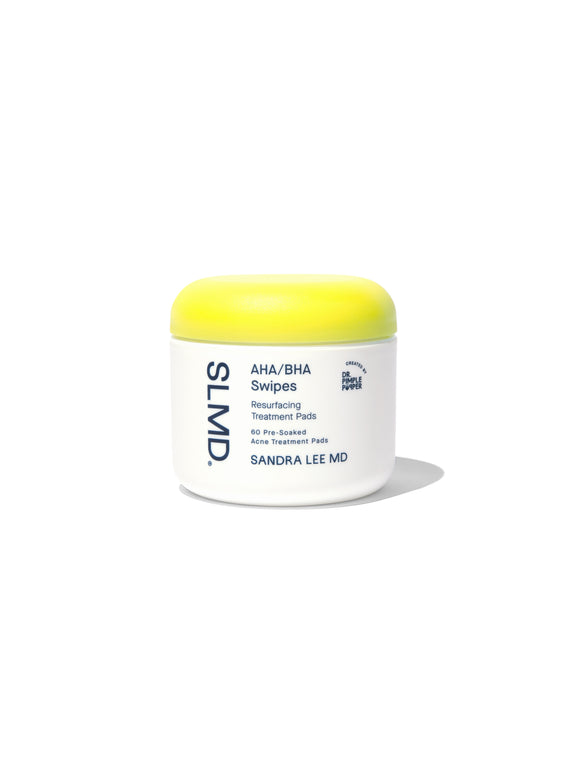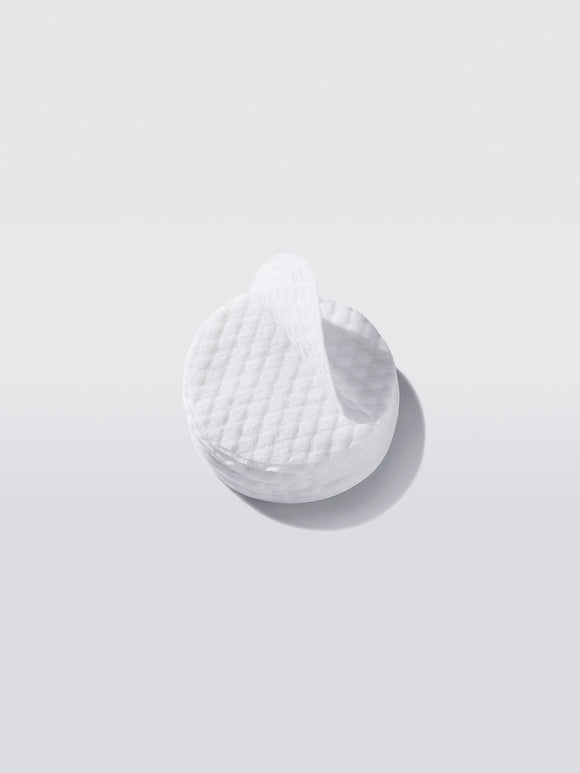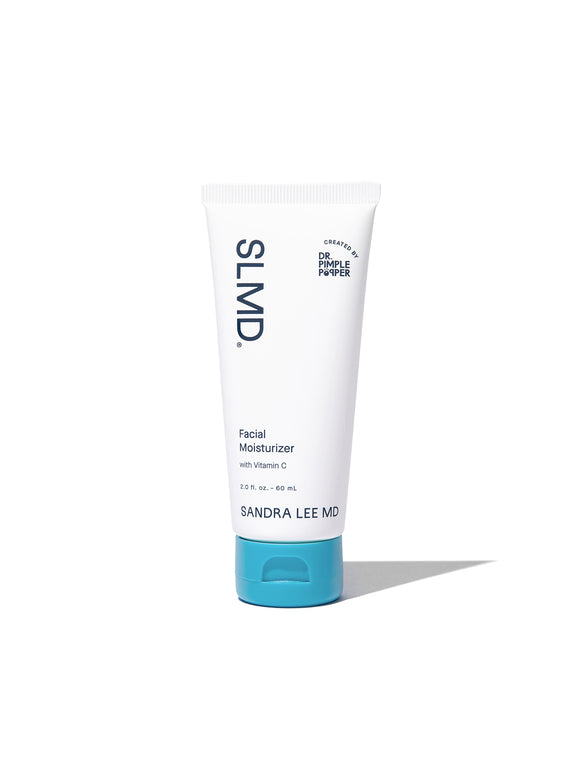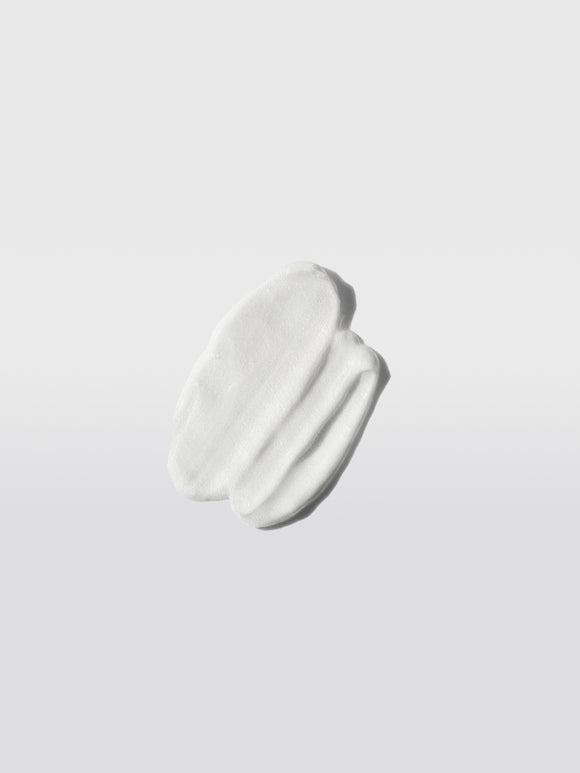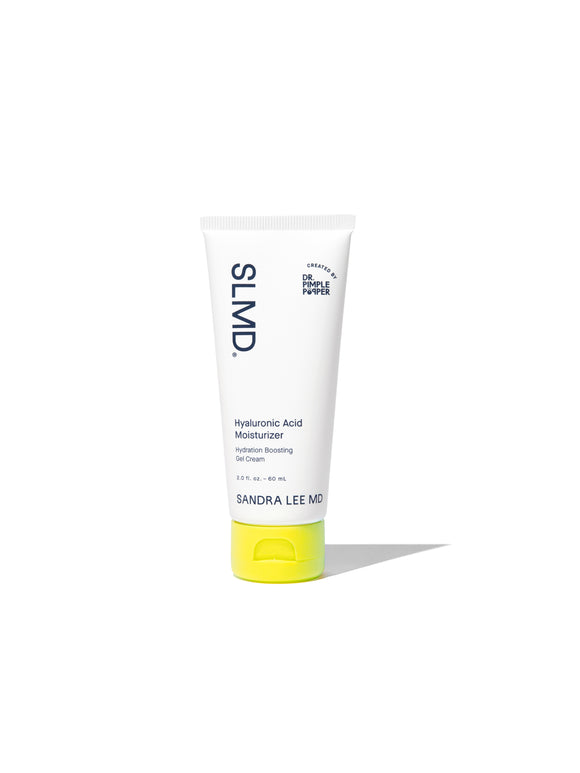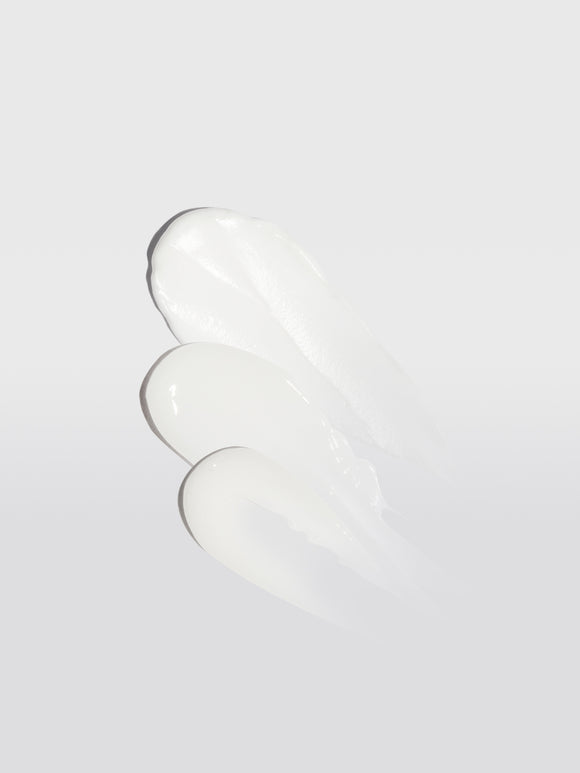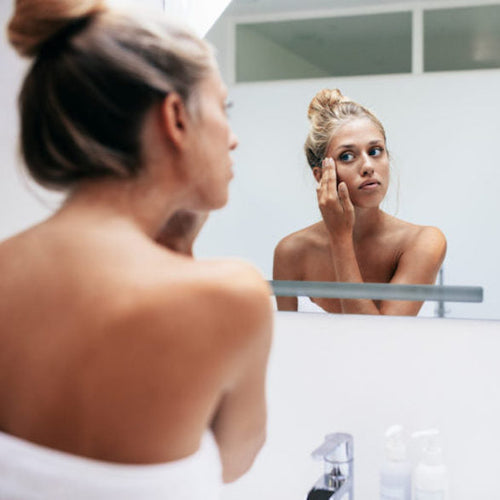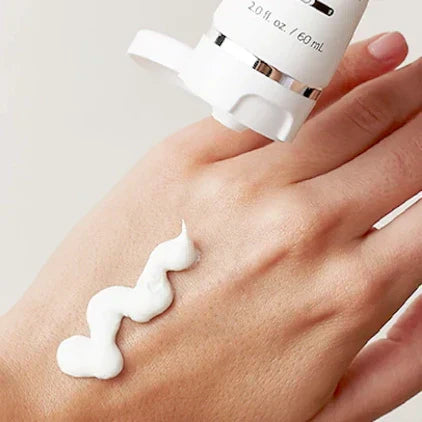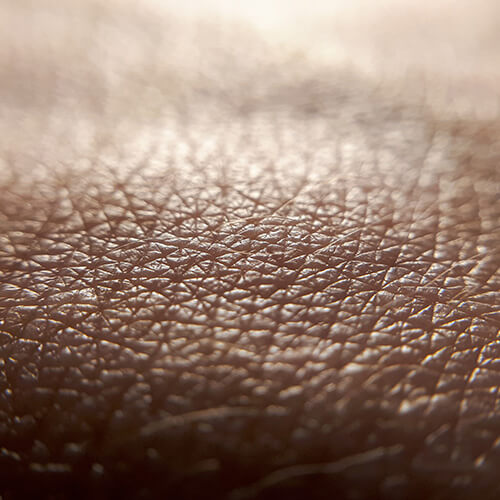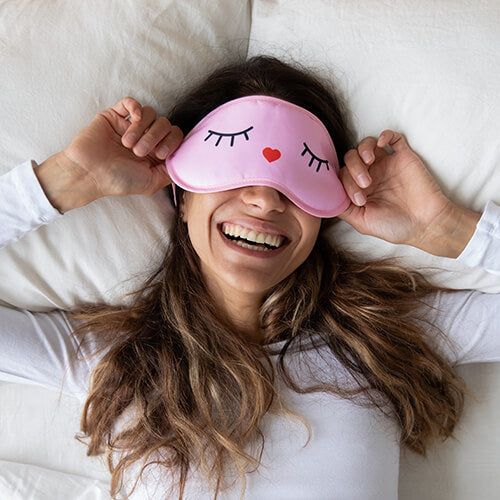
What Happens to Your Skin at Night
Understanding your circadian rhythm — aka your biological clock — is key to creating an effective nighttime skincare routine.
Published:
3 minute read
Keeping a consistent skincare routine is one of the best ways to boost skin health — but does applying certain ingredients at night really make a difference?
Spoiler alert: it does. Experts agree that when you apply your skincare products can have a dramatic impact on their effectiveness. This is due to something called circadian rhythm, and its affect on your sleep cycle. We’ll tell you what that means for your skin — and walk you through what works best before bed.
Article Quick Links
What controls your sleep cycle?
We've talked about the importance of "beauty sleep" for your skin health before — but let's dive a little deeper. Your sleep cycle is regulated by something called circadian rhythm: it’s the body’s 24-hour internal “clock” that regulates our metabolism, physiology (cellular function) and behavior. This biological clock is an incredibly complex system that’s coordinated by a cluster of nerve cells in your brain.
These nerve cells send messages that stimulate genes to produce proteins — and those proteins tell every cell in your body what to do. This affects a variety of essential functions, like:
- Sleep patterns
- Hormone release
- Eating habits and digestion
- Body temperature
How does circadian rhythm affect skin?
Organs like your skin are regulated by your body’s master clock, but they also have their own circadian rhythms. Genetic programs regulate the release of a variety of chemicals, like hormones and enzymes, that send messages and stimulate reactions within skin cells.
Your body's biological clock determines a host of skin processes and characteristics, many of which are geared toward recovery and regeneration:
- Temperature
- Blood flow
- pH
- Permeability
- Cell division
- Damage repair
Dr. Pimple Popper's Nighttime Skincare Picks
What happens to your skin at night?
Until recently, most of the recommendations about which products to use at nighttime came from anecdotal evidence: dermatologists, patients, and skincare professionals noticing that some skincare seemed to perform better when applied in the evening. But recent studies have quantified those beliefs, shedding light on how and why this happens.
Here’s a roundup of how your biological clock impacts your skin overnight.
Skin barrier
Studies show that the stratum corneum — the compact, dead skin cells that make up the outermost layer of the epidermis — is more permeable at nighttime. Though more research is needed, this is likely due to a combination of chemical signals and a decrease in sebum levels. This permeability has two significant implications:
- Transepidermal water loss (TEWL): essentially, your skin’s more likely to lose water overnight. This is why experts typically recommend using moisturizer after nightly cleansing.
- Increased active ingredient absorption: simply put, products sink into your skin better at night. This makes it an ideal time to apply actives like retinol.
Try: SLMD Facial Moisturizer, Hyaluronic Acid Moisturizer, Hyaluronic Acid Serum, Retinol Resurfacing Serum
Skin cells
While different cell types in the body all follow their own unique rhythm, experts generally agree that skin cell division peaks during the nighttime hours. This is another reason why it’s ideal to use retinol during your evening routine, because it stimulates the cell turnover process. Some of the most innovative anti-aging retinol products are formulated with skin nourishing ingredients, to strengthen the skin barrier while boosting cell turnover at the same time.
Melatonin
You’ve probably heard of melatonin, which is a hormone that increases in the evening, creating a cascade of biological processes. Studies show that melatonin affects your skin in several ways:
- Stimulates hair growth
- Repairs UV damage
- Accelerates wound healing
Human growth hormone
Studies have also demonstrated an increase in nighttime human growth hormone (hGH) levels. Though more research is needed, some data indicates this may help prevent signs of premature aging, like collagen loss.
Cortisol
Also known as the stress hormone, cortisol (in healthy amounts) is crucial to a variety of functions, from boosting energy to reducing inflammation. Levels typically dip before bedtime, which can impact your skin.
Ever notice how insect bites or a patch of eczema itches more when you’re trying to fall asleep? That’s not just because you’re less distracted: it’s because there’s less cortisol to calm your immune response. Dr. Lee recommends keeping an over-the-counter hydrocortisone cream in your cabinet to help soothe stings, bites, rashes and dermatitis.

Dr. Lee's Last Word
Nighttime is when your skin gets busy repairing itself — so it's important to use products that are going to support this process. I recommend retinol for almost everyone, followed up by moisturizer. And don't skimp on your sleep! Your skin will thank you.



